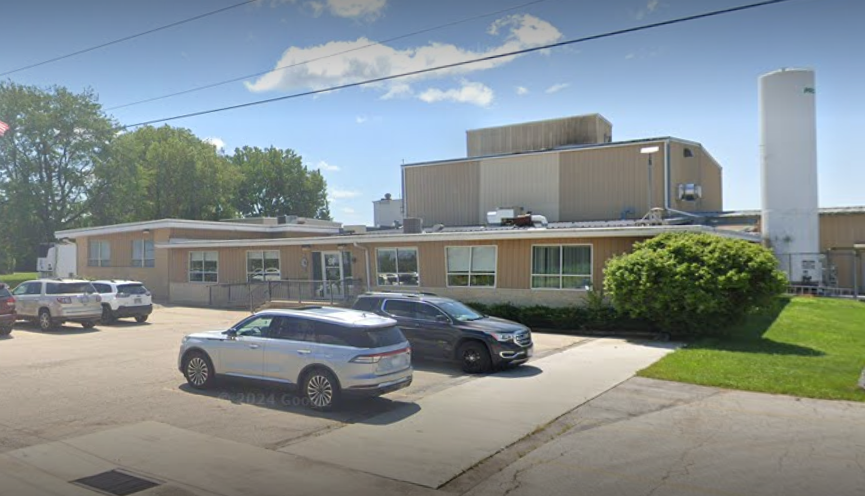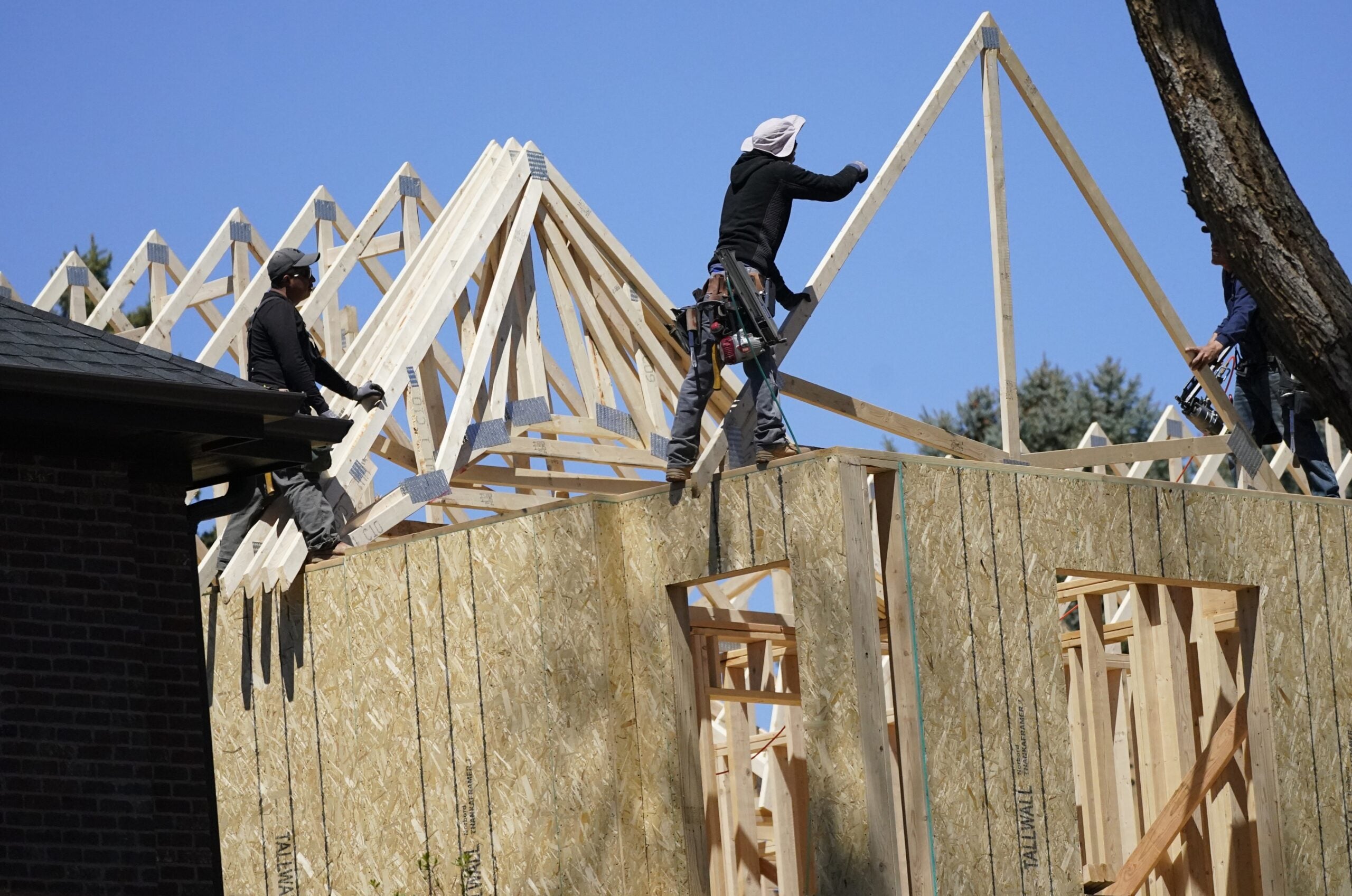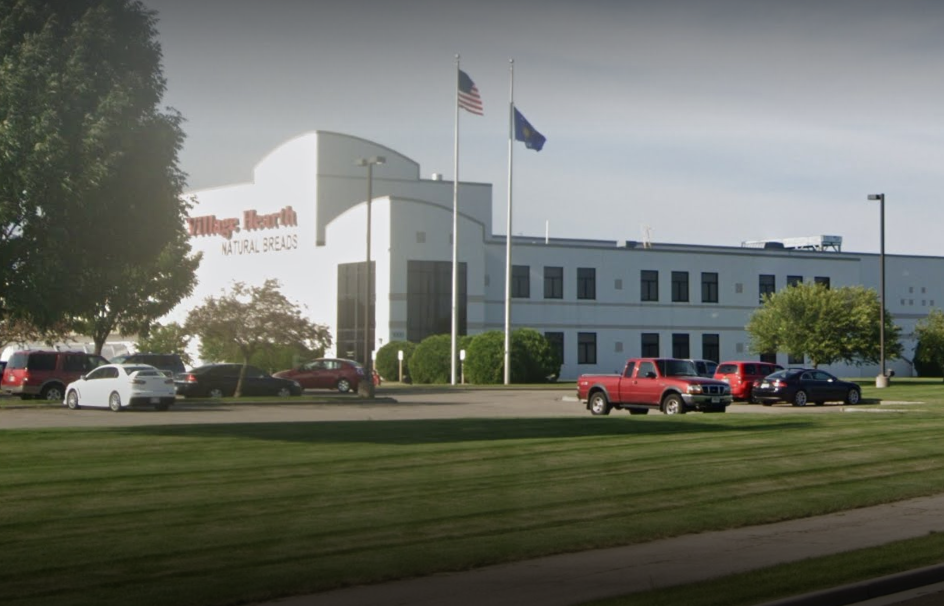Didion Milling Inc. will pay over $1.8 million in fines related to a 2017 explosion at a corn mill in Cambria that killed five workers and left more than a dozen injured.
The U.S. Department of Labor announced the settlement with the Sun Prairie-based company Thursday, saying Didion Milling also agreed to make “extensive safety and health improvements.”
OSHA Regional Administrator Bill Donovan in Chicago said in a statement the five workers who died in the “preventable tragedy” must never be forgotten. He also said the agreement between the company and OSHA will protect the mill’s current and future employees.
News with a little more humanity
WPR’s “Wisconsin Today” newsletter keeps you connected to the state you love without feeling overwhelmed. No paywall. No agenda. No corporate filter.
“OSHA will hold Didion leadership accountable for changing the corporate culture to focus on safety and health by working with experts, and with management and workers,” Donovan said. “Together, they can develop and continually test safety measures and emergency response procedures and train employees in hazard recognition.”
The mill exploded in May 2017 due to a buildup of highly combustible dust. Sixteen people were working in the facility when it exploded.
Glen Williams, Cambria’s village president, said the explosion was a shock to the community. He said damage from the incident was limited to Didion’s facility, and no one outside the facility was injured in the blast.
Williams said the loss of five lives that day was a tragedy, but he was encouraged by the way the community came together to support the victims and their families through memorial events and fundraisers.
“It was just amazing how people stepped up. We pulled together as a community in that way,” he said. “It’s still in the back of everybody’s minds, but it’s starting to fade.”
As part of the settlement, Didion agreed to develop a company-wide safety management system, meet annually with OSHA to discuss safety issues, provide resources toward combustible dust housekeeping inspections, create an incident reporting and investigation system for identifying workplace dangers and train employees on the updated safety management system.
In a statement, Didion Milling said it agreed to the settlement in “the spirit of closure and looking forward.” The company also said it disagrees with OSHA’s “assertions” about its safety and preparedness.
“Didion continues to hold those lost and injured in the accident in our hearts and joins with their loved ones and our communities in the spirit of healing,” the statement read. “We commit every day to serve our customers, communities, and ag producers who, along with our growing team, drive the Didion mission.”
The settlement comes after two officials from the company were convicted in October for federal workplace safety, environmental, fraud and obstruction of justice charges related to the 2017 explosion. The official’s found guilty were Derrick Clark, Didion’s vice president of operations, and Shawn Mesner, the company’s former food safety superintendent.
In October, Donovan said in a statement that the Clark and Messner intentionally misled OSHA investigators and made false statements about working conditions in the plant to cover mistakes and protect themselves.
Didion Milling also pleaded guilty in September to charges related to falsifying the mill’s cleaning and baghouse logs. The company agreed to pay over $10 million in restitution to the explosion’s victims, along with a $1 million criminal fine.
In addition to Clark and Messner, the Department of Labor said other company officials have pleaded guilty and await sentencing for various charges related to the 2017 explosion.
Those officials include shift superintendents Nicholas Booker, Michael Bright and Joel Niemeyer for making false statements; shift superintendent Anthony Hess for obstructing OSHA’s investigation; and former environmental manager Joseph Winch for conspiring to conceal violations from regulators.
Wisconsin Public Radio, © Copyright 2026, Board of Regents of the University of Wisconsin System and Wisconsin Educational Communications Board.





